Eight Great Things to Do for Your Brain While Social Distancing
Published: June 8, 2020
We’re living in historic times as the nation and the world do battle with the coronavirus. Social distancing is the norm—and now, several months into it, many of us are finding ourselves simultaneously bored and stressed out. It’s hard to concentrate. As the months go by, this can take a toll on our brain health. What can we do to protect our cognitive wellness during this time? Here are things you can do while still staying safe:
Learn something new. Many people are finding themselves with little to do during the day, and not much to occupy them in the evening, either! Consider this period of enforced idleness as a gift of time. Take an online class, check out e-books from your local library system, play an instrument or paint a picture. Many colleges and cultural organizations are hosting online virtual tours and presentations.
Learn a language. Do you wish you were one of the many people in the U.S. who are fluent in both English and Spanish? Have you always wanted to pick up a little Italian? Multiple studies show that being bilingual makes our memory more robust. No need to travel to a foreign country or even a classroom. You can practice those conversation skills even while sheltering in place. Dig out your old textbooks. Check out an online language app or course or YouTube class—many of them are free.
Keep in touch. Most of us are experiencing an unprecedented physical separation from family and friends. We miss the moments we spend with acquaintances, too. Many studies show that social isolation is harmful for the brain. Depending on your living situation, you might be able to chat across the fence or from the porch—but it might be safer to depend on the phone, email social media and video chatting.
Meditate. On the other hand, many people are reporting that things feel hectic during this time. It’s just harder to get anything done these days! Take time to slow your mind and lower your stress. Practice slow, steady breathing and muscle relaxation. Clear your mind and focus on the moment. Try a yoga or meditation video.
Eat well. Especially if you are quarantining by yourself, it can be tempting to chow down on junk food. Take the time to prepare nutritious meals and snacks. Don’t forget to eat—but don’t eat too much. Maintaining a healthy weight is good for your brain. If it’s not safe for you to go to the grocery store, have groceries or meals delivered.
Exercise. Simply put, whatever benefits our muscles (including our hearts) also promotes brain health. If you already have a home exercise routine, stick to it—maybe add a few more extra minutes each week. If it’s safe and advised for you, go for a walk, staying appropriately distanced from others. Check out an exercise routine on YouTube. Talk to your healthcare provider before making any big changes in your workout.
Avoid falls. Each year, many people, especially seniors, suffer brain injuries caused by falls at home. Stuck at home as we are, we have more time to keep the place tidy, right? In fact, many people report a sense of inertia these days. “Nobody’s coming over, who cares!” they might think. But remember that clutter and items left in the pathway creates a fall hazard.
Don’t let bad habits creep up on you. We’re hearing a lot of jokes that really aren’t funny about people sipping on a “quarantini” or two … or more. Other people are sheepishly heading onto the back porch, relapsing into the smoking habit. Smoking and consuming too much alcohol are bad for the brain. Talk to your doctor if you need help quitting—plenty of resources are available, even as you’re at home.
At Welbrook Farmington, we’re providing a range of appropriate physical, social and mentally stimulating activities to keep our guests healthy and connected. We’re all in this together.


